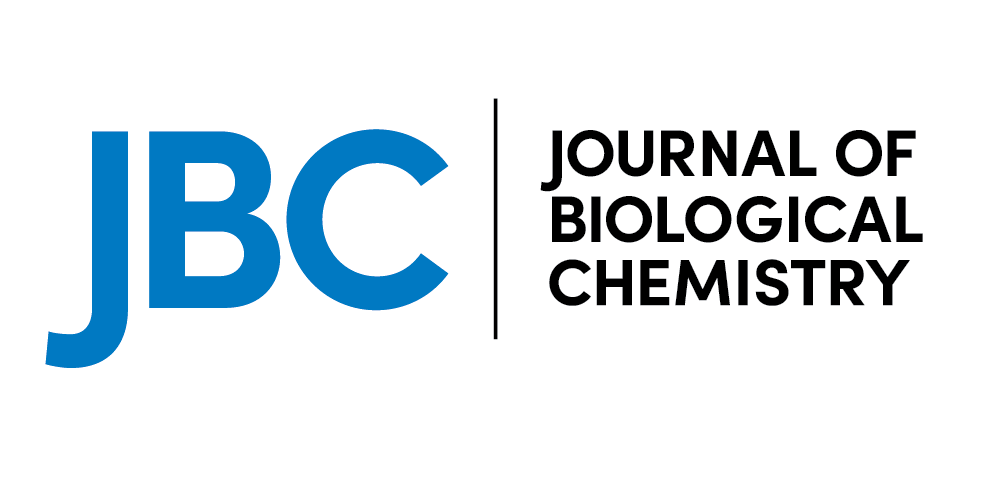|
Αρχειοθήκη ιστολογίου
-
►
2023
(256)
- ► Φεβρουαρίου (140)
- ► Ιανουαρίου (116)
-
►
2022
(1695)
- ► Δεκεμβρίου (78)
- ► Σεπτεμβρίου (142)
- ► Φεβρουαρίου (155)
-
►
2021
(5507)
- ► Δεκεμβρίου (139)
- ► Σεπτεμβρίου (333)
- ► Φεβρουαρίου (628)
-
▼
2020
(1810)
-
▼
Δεκεμβρίου
(544)
-
▼
Δεκ 17
(35)
- Ophthalmology Clinics
- Cancers, Vol. 12, Pages 3821: Interaction between ...
- Plasma proteomic data can contain personally ident...
- Cardiac and sudden death after chronic total occlu...
- Is Candida auris sexual?
- The Synergistic Effect of Hyperthermia and Chemoth...
- A conscious choice: Is it ethical to aim for uncon...
- The role of gene dosage in budding yeast centrosom...
- Nationwide germline whole genome sequencing of 198...
- The Staphylococcus aureus phosphoproteome reveals ...
- Identification of novel serological autoantibodies...
- In Vivo Confocal Microscopy and Anterior Segment O...
- Multiple Intravenous Injections of Valproic Acid-I...
- Interim [ 18 F]FDG PET/CT can predict response to ...
- Prognostic implications of dual tracer PET/CT: PSM...
- Time-dependent effects of oral contraceptive use o...
- Cancer-associated neurogenesis and nerve-cancer cr...
- Mutational analysis of the alpha subunit of eIF2B ...
- The antiretroviral 2',3'-dideoxycytidine causes mi...
- Cholesterol stimulates the cellular uptake of L-ca...
- Cancers, Vol. 12, Pages 3820: Circulating IL-13 Is...
- Antibiotics, Vol. 9, Pages 920: A Risk Prediction ...
- Exceptional Regression of Malignant Pleural Mesoth...
- Pembrolizumab-Induced Severe Neuropathy in a Patie...
- Cranial Nerve Metastasis Treated with Radiotherapy...
- Bilateral Encrusted Metallic Stent Successfully Re...
- Successful Treatment of Advanced Thymic Carcinoma ...
- Hepatic Inflammatory Myofibroblastic Tumor Detecte...
- High-Dose Omalizumab versus Ligelizumab for the Tr...
- Celiac Disease and Sensitization to Wheat, Rye, an...
- Diagnostic and Therapeutic Value of Hsa_circ_00025...
- Musashi-1 promotes cancer stem cell properties of ...
- Exosomal miR-126 blocks the development of non-sma...
- MiR-4310 induced by SP1 targets PTEN to promote gl...
- LncRNA ST7-AS1, by regulating miR-181b-5p/KPNA4 ax...
-
▼
Δεκ 17
(35)
- ► Σεπτεμβρίου (32)
- ► Φεβρουαρίου (28)
-
▼
Δεκεμβρίου
(544)
-
►
2019
(7684)
- ► Δεκεμβρίου (18)
- ► Σεπτεμβρίου (53)
- ► Φεβρουαρίου (2841)
- ► Ιανουαρίου (2803)
-
►
2018
(31838)
- ► Δεκεμβρίου (2810)
- ► Σεπτεμβρίου (2870)
- ► Φεβρουαρίου (2420)
- ► Ιανουαρίου (2395)
-
►
2017
(31987)
- ► Δεκεμβρίου (2460)
- ► Σεπτεμβρίου (2605)
- ► Φεβρουαρίου (2785)
- ► Ιανουαρίου (2830)
-
►
2016
(5308)
- ► Δεκεμβρίου (2118)
- ► Σεπτεμβρίου (877)
- ► Φεβρουαρίου (41)
- ► Ιανουαρίου (39)
Αλέξανδρος Γ. Σφακιανάκης
ΩτοΡινοΛαρυγγολόγος
Αναπαύσεως 5
Άγιος Νικόλαος Κρήτη 72100
2841026182
6032607174
Πέμπτη 17 Δεκεμβρίου 2020
Cholesterol stimulates the cellular uptake of L-carnitine by the carnitine/organic cation transporter novel 2 (OCTN2) [Bioenergetics]
Εγγραφή σε:
Σχόλια ανάρτησης (Atom)



Δεν υπάρχουν σχόλια:
Δημοσίευση σχολίου